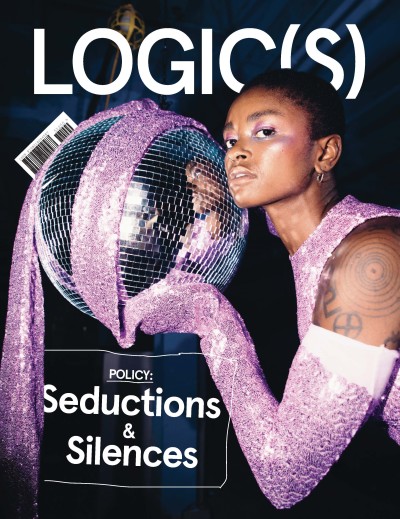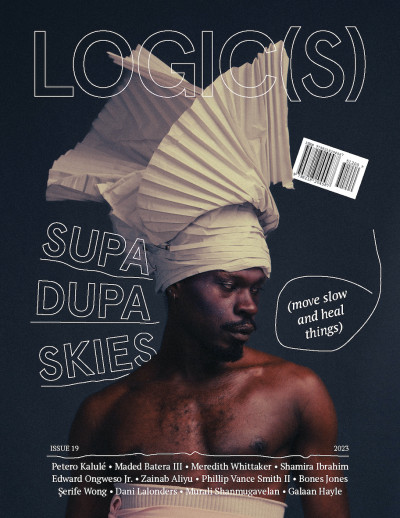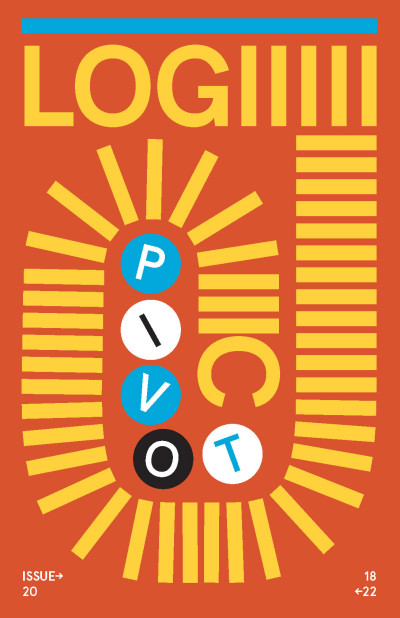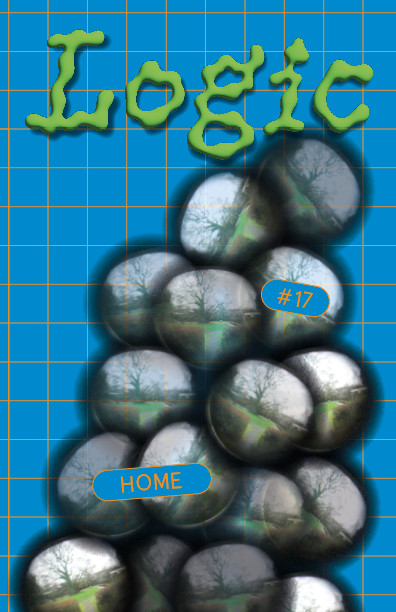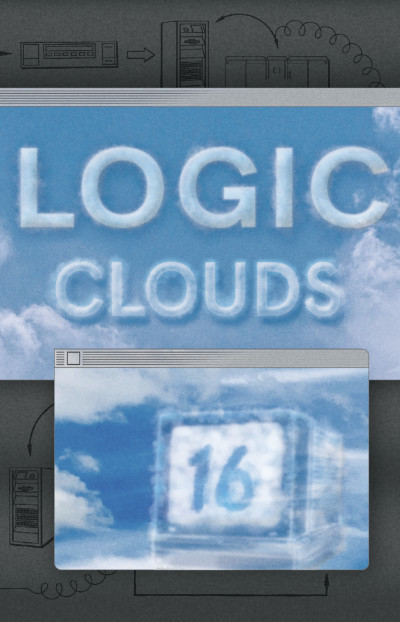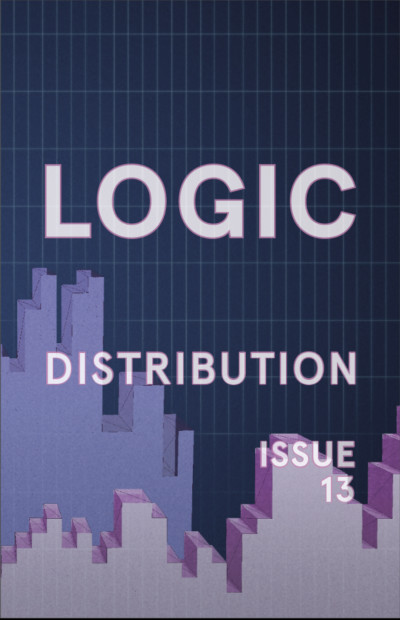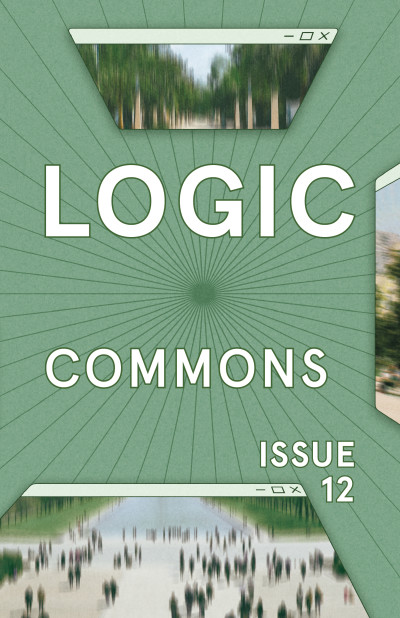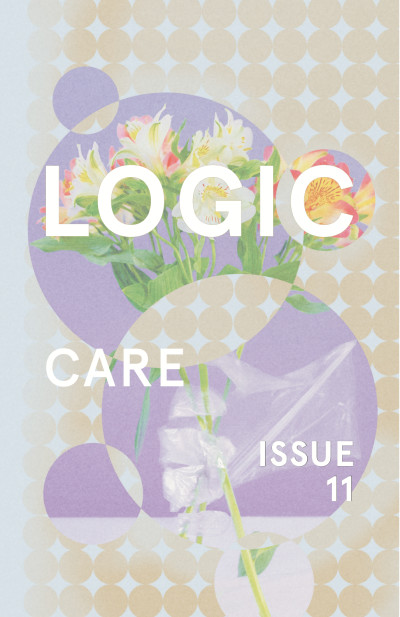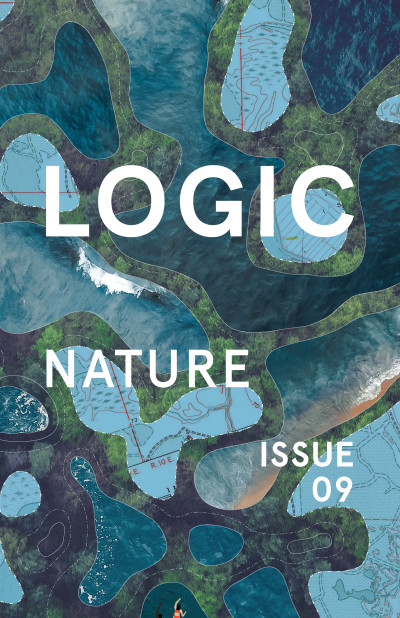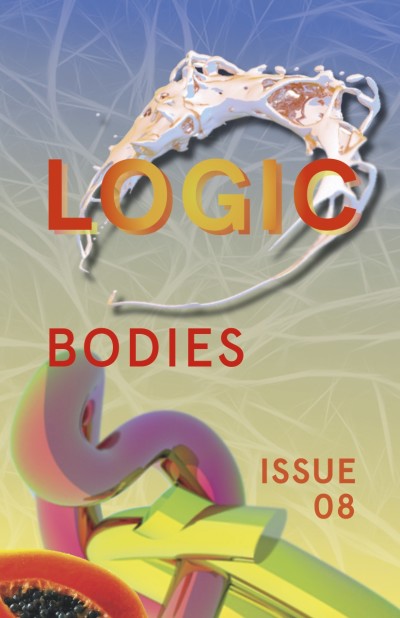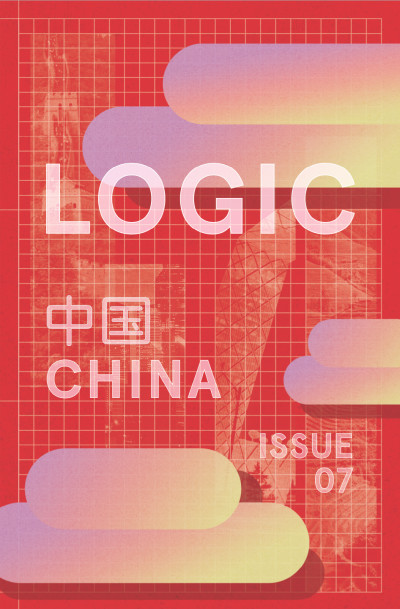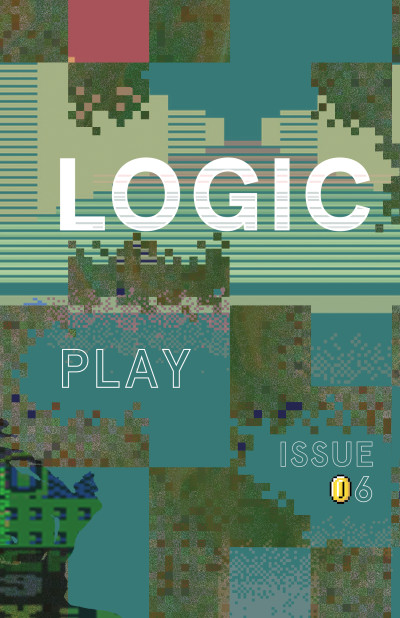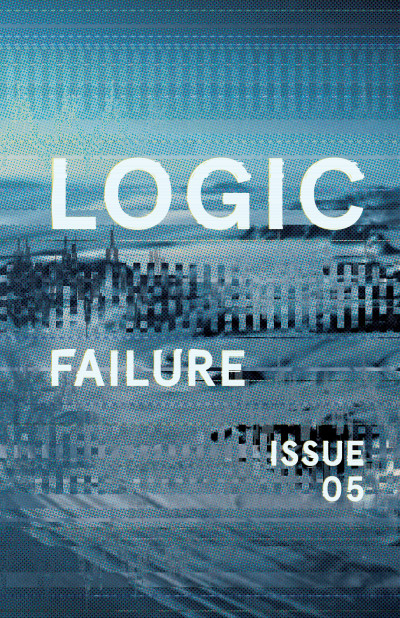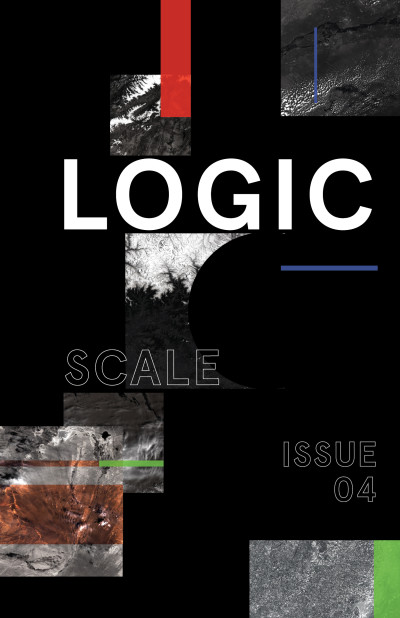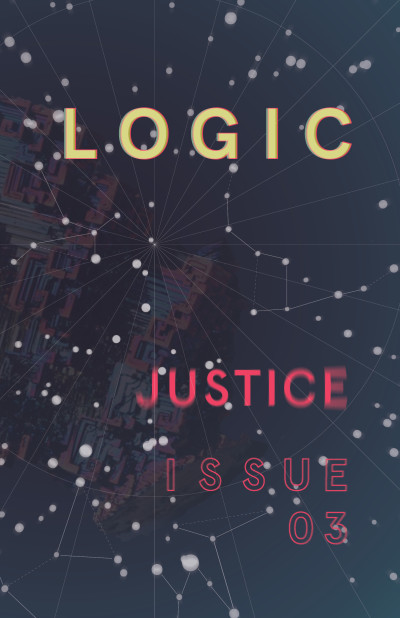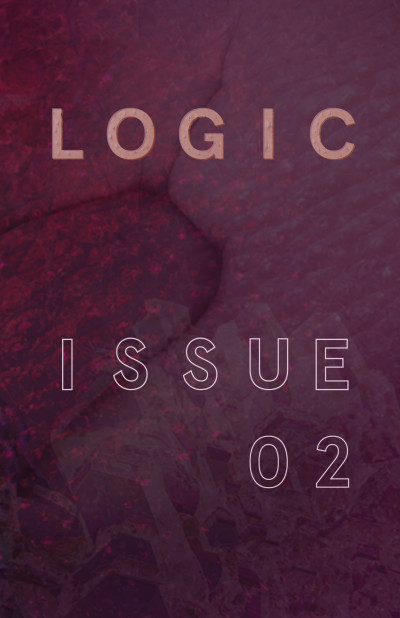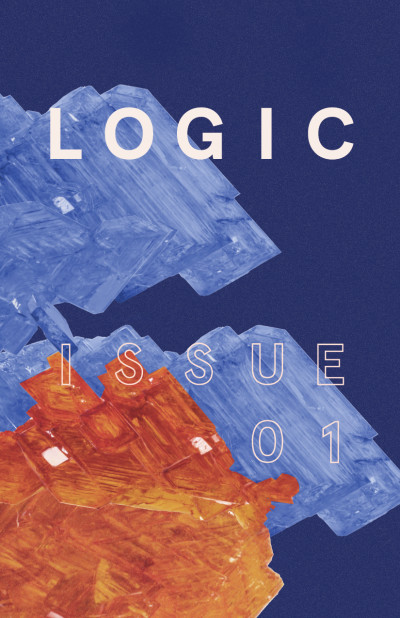Land

Planting seeds in your ancestor’s garden can be catastrophic as it was for Aniedi, the protagonist of Gabrielle Harry’s, When They Call, You Answer. In this world, teletowers give a straightforward and efficient alternative to the meandering trials of language acquisition for the children of elders who fail to pass mother tongues down. But perhaps it is precisely this friction and frustration which is most in need of cultivation at a time when those in power would like to strip the land barren. Underneath all the slogans, government master plans, militia origin stories, and corporate tech marketing, lies the question of land. Tech takes place somewhere, there’s no digital without the earthiness of analog; be it graves, the American Dream of your personal car on an open road or a Montevideo data center. We come to you at this late hour because Logic(s) has exited Columbia University’s Incite Institute by the skin of our teeth. May the range and depth of our editorial vision embedded within this issue drive you to donate, subscribe or become a member.

In 2023, Logic Magazine was relaunched as Logic(s), the first queer Black and Asian tech magazine. Logic(s) goes beyond mere critique to serve as a beacon of new possibilities—helping to understand how technology has re-ordered people’s lives for better and worse, and where we go from here.
We publish twice annually and feature the tremendous imaginative power of those most impacted by technology, but who are rarely brought into the conversation.
The first issue of Logic(s) was supa dupa skies, released in summer 2023. Read our editorial note to find out more about our new direction.
Our work is made possible with support from the Ford Foundation, MacArthur Foundation, and our many institutional and individual subscribers.
Issues
Issue 22 of Logic(s) is now live! Stay tuned for more on Issue 23, coming in Spring 2025.
What's Next?
Issue 24 will be published in 2026
Subscribe
Never miss an issue of Logic(s)! Subscribe to receive two issues per year.
We're a small team, and we rely on heavily on subscriptions to support our critical project. More subscribers means more work published, and more writers getting paid.
Start a subscriptionDonate
Writing and editing is hard work. Please consider donating to help us to continue to pay our contributors, and to keep building a sustainable project that's committed to recognizing and rewarding creative labor.
Support us


